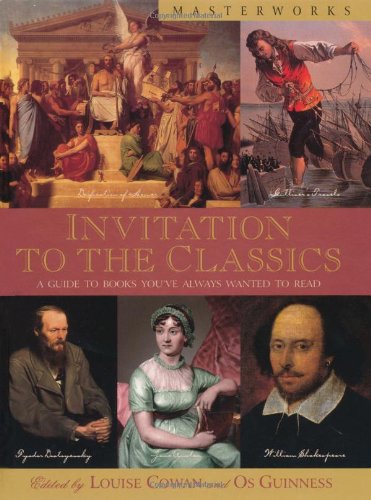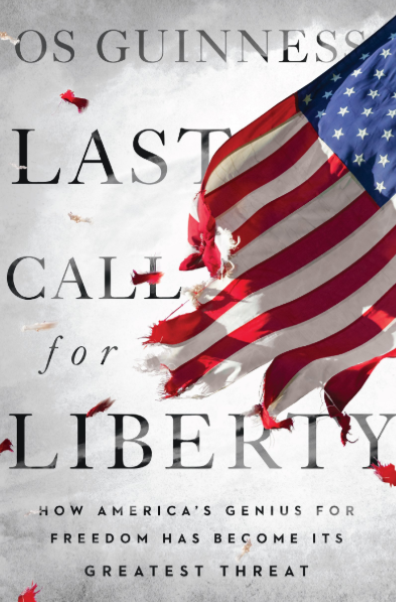In these stormy times, loud voices from all fronts call for revolution and change. But what kind of revolution brings true freedom to both society and the human soul? Cultural observer Os Guinness explores the nature of revolutionary faith, contrasting between secular revolutions such as the French Revolution and the faith-led revolution of ancient Israel. He argues that the story of Exodus is the highest, richest, and deepest vision for freedom in human history. It serves as the master story of human freedom and provides the greatest sustained critique of the abuse of power. His contrast between “Paris” and “Sinai” offers a framework for discerning between two kinds of revolution and their different views of human nature, equality, and liberty. Drawing on the Hebrew and Christian Scriptures, Guinness develops Exodus as the Magna Carta of humanity, with a constructive vision of a morally responsible society of independent free people who are covenanted to each other and to justice, peace, stability, and the common good of the community. This is the model from the past that charts our path to the future. “There are two revolutionary faiths bidding to take the world forward,” Guinness writes. “There is no choice facing America and the West that is more urgent and consequential than the choice between Sinai and Paris. Will the coming generation return to faith in God and to humility, or continue to trust in the all sufficiency of Enlightenment reason, punditry, and technocracy? Will its politics be led by principles or by power?” While Guinness cannot predict our ultimate fate, he warns that we must recognize the crisis of our time and debate the issues openly. As individuals and as a people, we must choose between the revolutions, between faith in God and faith in Reason alone, between freedom and despotism, and between life and death.

The Case for Civility: And Why Our Future Depends on It
In a world torn apart by religious extremism on the one side and a strident secularism on the other, no question is more urgent than how we live with our deepest differences—especially our religious and ideological differences. The Case for Civility is a convincing and timely proposal for restoring civility in America.

Invitation to the Classics (Masterworks)
Invitation to the Classics (Masterworks) Baker Books
Guinness and Louise Cowan gather over 50 brief essays by a number of respected Christian literary scholars that extend invitations to readers to experience anew or for the first time the wonder and the beauty of selected classics.

Last Call for Liberty: How America’s Genius for Freedom Has Become Its Greatest Threat
The hour is critical. The American republic is suffering its gravest crisis since the Civil War.Conflicts, hostility, and incivility now threaten to tear the country apart. Competing visions have led to a dangerous moment of cultural self-destruction. This is no longer politics as usual, but an era of political warfare where our enemies are not foreign adversaries, but our fellow citizens.
Yet the roots of the crisis are deeper than many realize. Os Guinness argues that we face a fundamental crisis of freedom, as America’s genius for freedom has become her Achilles’ heel. Our society’s conflicts are rooted in two rival views of freedom, one embodied in “1776” and the ideals of the American Revolution, and the other in “1789” and the ideals of the French Revolution. Once again America has become a house divided, and Americans must make up their minds as to which freedom to follow. Will the constitutional republic be restored or replaced?
This grand treatment of history, civics, and ethics in the Jewish and Christian traditions represents Guinness’s definitive exploration of the prospects for human freedom today. He calls for a national conversation on the nature of freedom, and poses key questions for concerned citizens to consider as we face a critical chapter in the American story. He offers readers a checklist by which they can assess the character and consequences of the freedoms they are choosing.
In the tradition of Alexis de Tocqueville, Guinness provides a visitor’s careful observation of the American experiment. Discover here a stirring vision for faithful citizenship and renewed responsibility, not only for the nation but also for the watching world.
